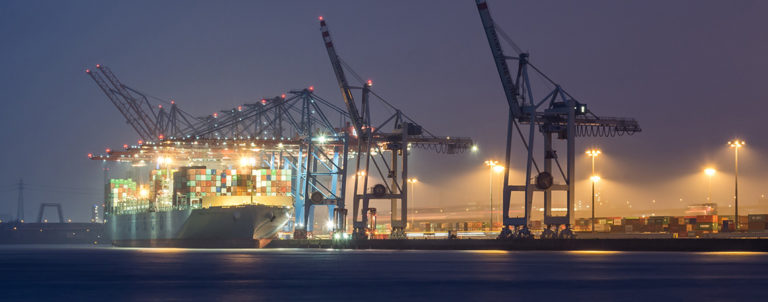
Final FMC Guidance on Unreasonable Demurrage and Detention
A final rule of the Federal Maritime Commission gives guidance on the subject of demurrage and detention due to the COVID-19 pandemic.

A final rule of the Federal Maritime Commission gives guidance on the subject of demurrage and detention due to the COVID-19 pandemic.
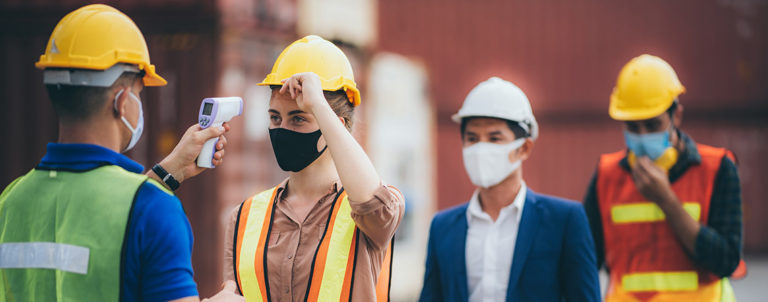
The decision to declare Force Majeure requires clear evidence that events are out of the control of the carrier or third-party logistics services provider.
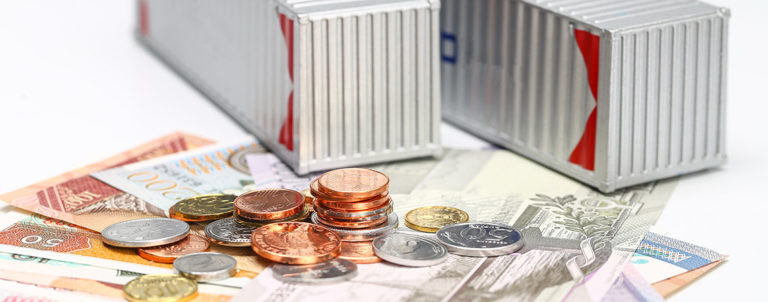
Negotiations on 2020-21 service contracts were also affected by COVID-19, but many terms are now defined up to April 2021.
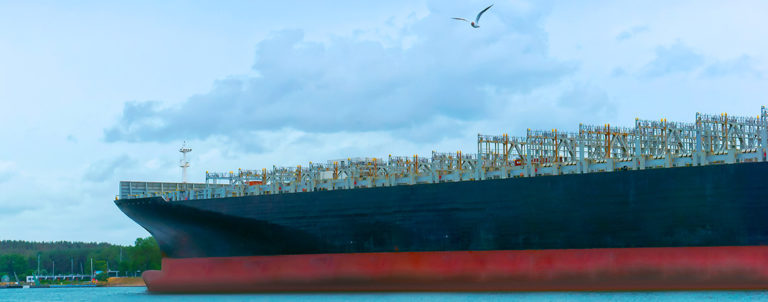
Due to COVID-19, container import volume dropped significantly, leading to voided sailings and new routings. How can importers deal with the situation?
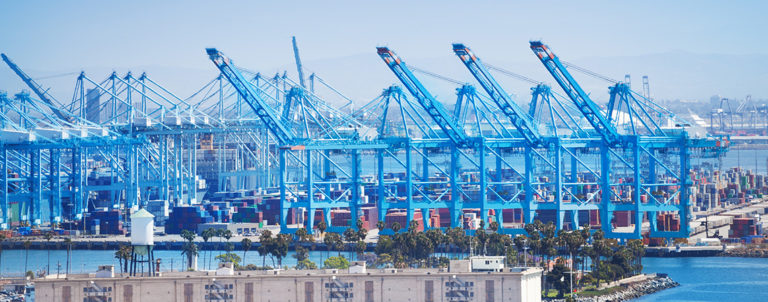
Changed schedules, revised procedures and blank sailings were just a few of the effects of the Corona pandemic on the ports in California.

For the beginning of the year 2020 increases in rates and surcharges must be expected.

Judge Benitez indefinitely blocks new California Labor Law which would have defined independent truckers as employees of the trucking firms which they contract with.

Los Angeles and Long Beach ports continue to push their Clean Air Action Plan to sharply reduce air pollution by trucks.
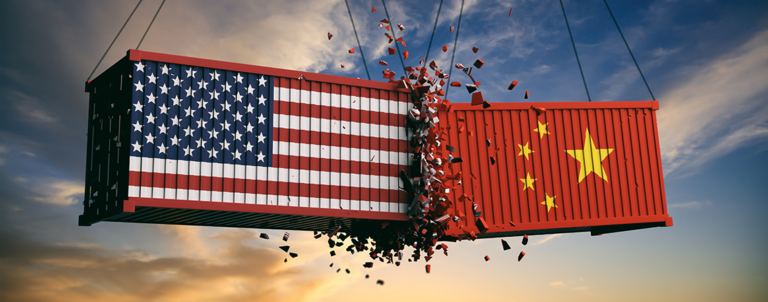
Sourcing strategies are under constant review, production and sourcing costs are increasing, and American companies and businesses continue to shift supply chains as they try to adjust to the uncertainties of U.S. trade policies that can change with a tweet. While the United States Fashion Industry Association (USFIA) welcomes the Phase One U.S-China trade deal, we continue to urge the Trump Administration to end the trade war with China.

The jury confirmed a Portland terminal operator’s claim that the ILWU caused it severe losses in profits because it significantly reduced crane productivity.
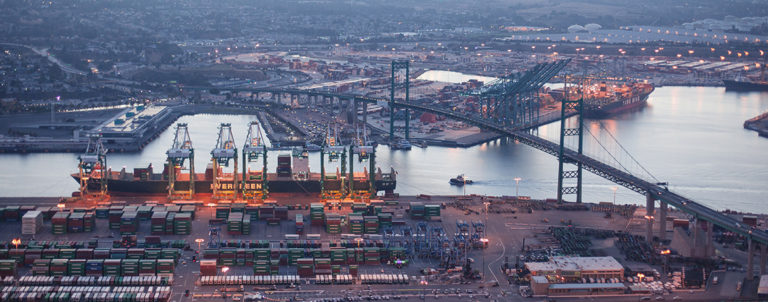
Will the new California Law (AB 5) increase harbor pickup costs and make it more difficult to pick up containers at California ports?
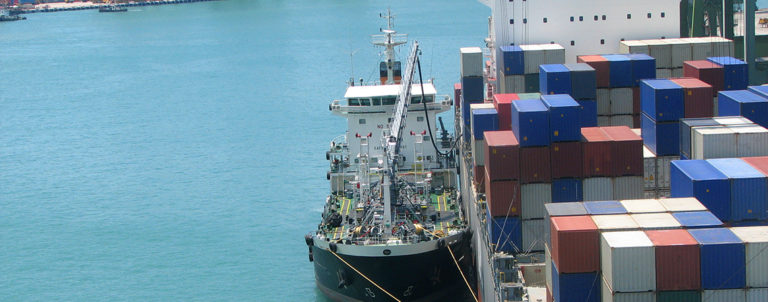
The IMO mandate requiries all ocean carriers to use low sulfur fuels. The newly published increases pretty much stay within previously estimated dimensions.
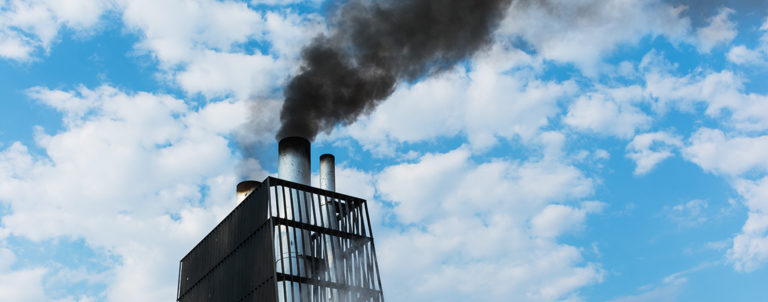
Effective January 1st, 2020 the International Maritime Organization (IMO) mandats that vessels’ sulfur emissions must be reduced to not more than 0.5% A senior shipping executive opined “For the global shipping industry the switch to the IMO mandated 0.5% cap on sulfur emission equals in importance the historic switch from sailing-ships to steam powered vessels”.
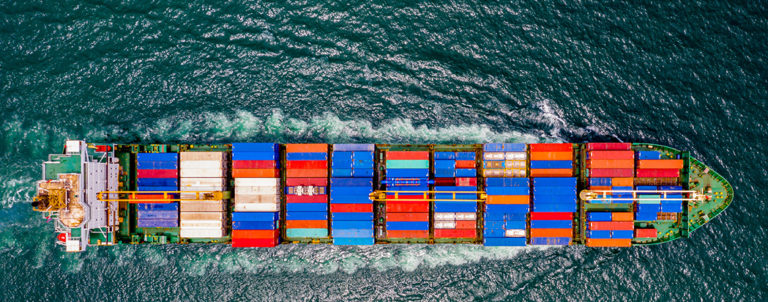
Ocean carriers realized that ruinously low freight revenues could be stemmed only by applying “economics of scale” – and by forming ocean carrier alliances.

General rate increases, peak season surcharge filings and the cancellations of sailings – what to expect on or before January 1st and beyond.
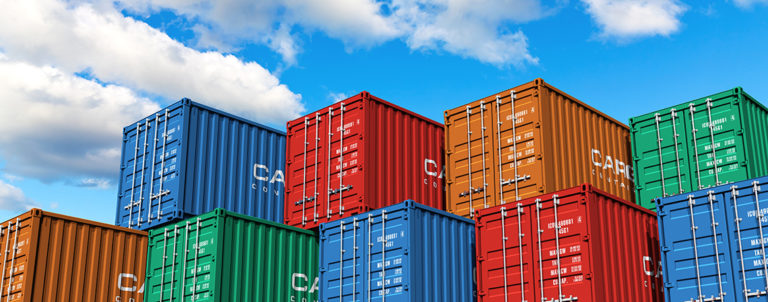
In response to a petition filed by the Coalition for Fair Port Practice, the Federal Maritime Commission adopted a set of recommendations made by Commissioner Rebecca Dye to address detention and demurrage charge issues she uncovered during her 18 months fact finding investigation.
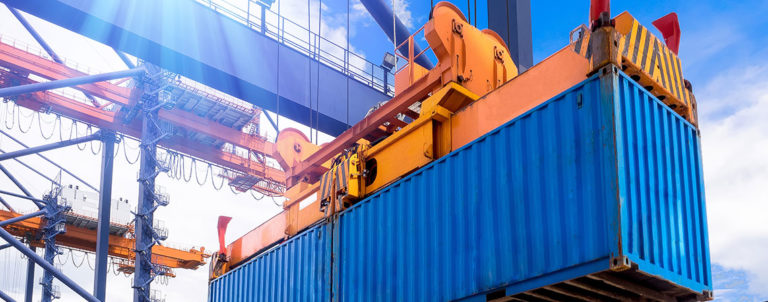
A terminal is considered fully automated when automated stacking cranes and straddle carriers are used to move containers to and from the vessel and container
You need to load content from reCAPTCHA to submit the form. Please note that doing so will share data with third-party providers.
More InformationYou are currently viewing a placeholder content from Facebook. To access the actual content, click the button below. Please note that doing so will share data with third-party providers.
More InformationYou are currently viewing a placeholder content from Instagram. To access the actual content, click the button below. Please note that doing so will share data with third-party providers.
More InformationYou are currently viewing a placeholder content from X. To access the actual content, click the button below. Please note that doing so will share data with third-party providers.
More Information